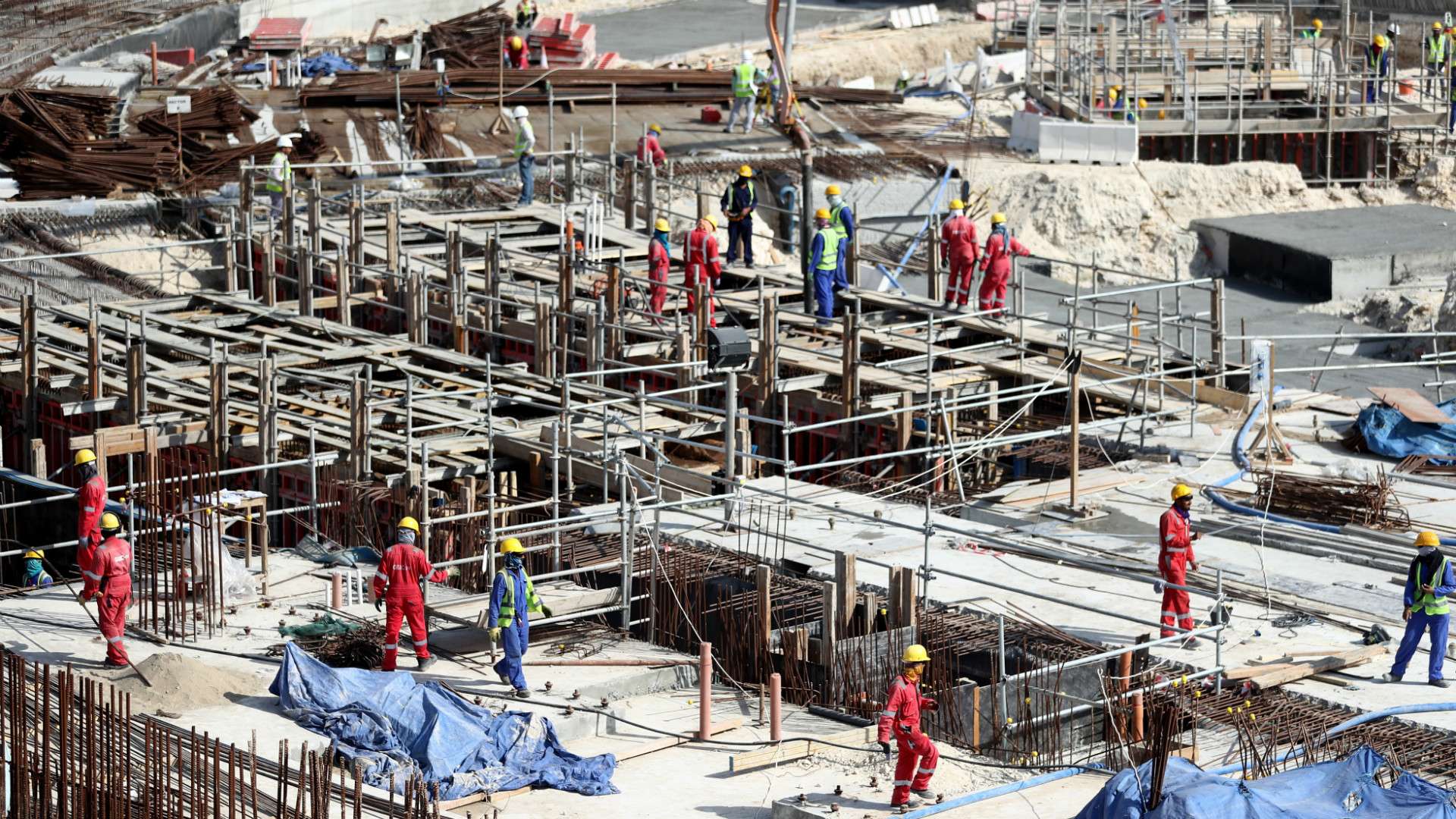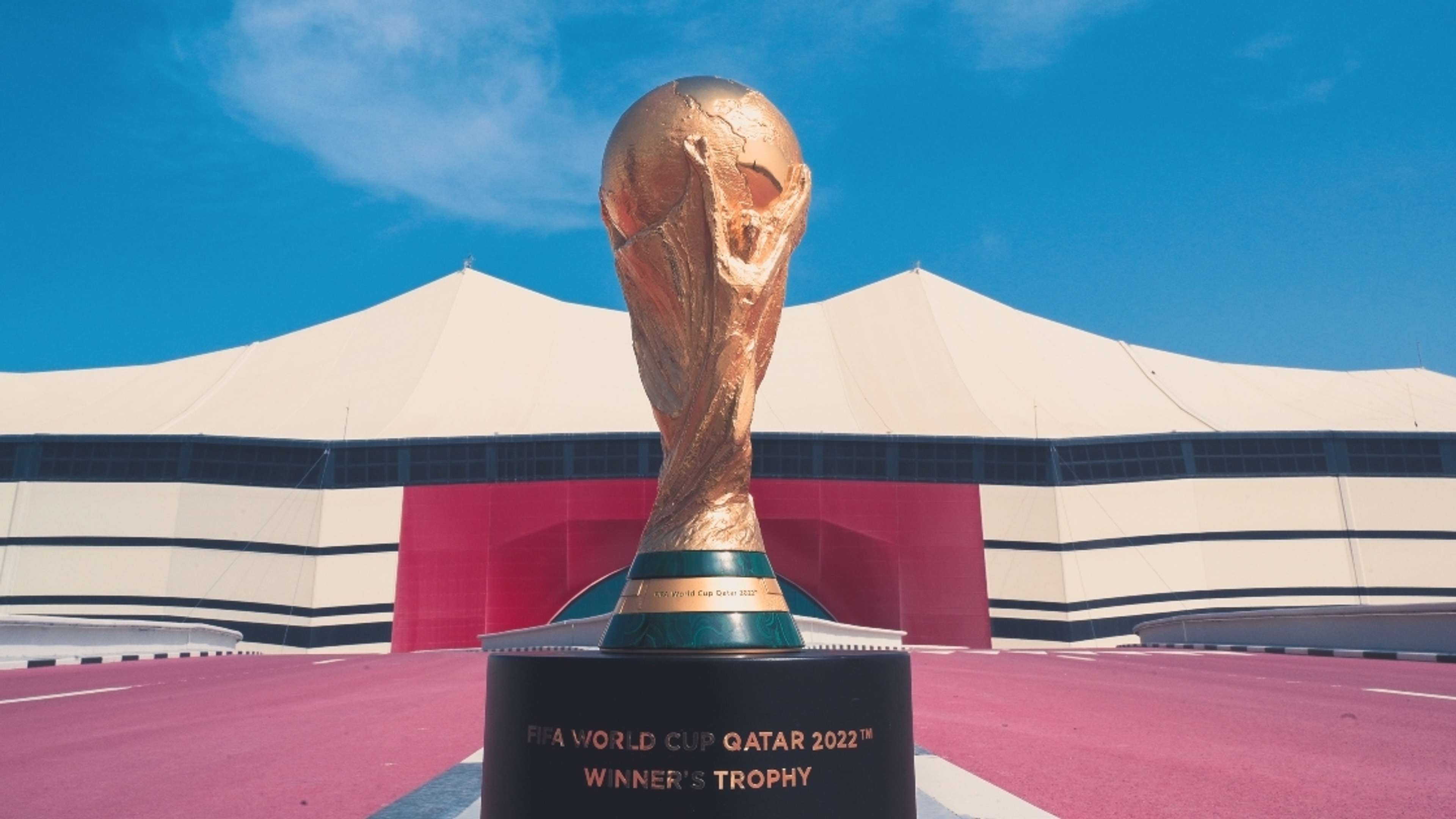Amnesty International has revealed in a report into the working conditions of security guards that are involved in projects linked to the 2022 World Cup in Qatar that certain individuals are being put through “forced labour”.
The human rights organisation has documented the experiences of 34 employees from eight private security companies as they continue to cast an eye over goings on in the Middle East during the build up to a major international tournament.
It found that migrant workers are being forced into shifts for months or even years on end without a day off, in a clear breach of Qatari law, with a number of the business involved tied to projects at World Cup venues or events such as the 2020 Club World Cup and 2021 FIFA Arab Cup.
What has been said?
Amnesty has said in a statement released on the organisation’s official website: “Security guards in Qatar are working in conditions which amount to forced labour, including on projects linked to the 2022 FIFA World Cup, Amnesty International has found. In a new report, 'They think that we're machines', the organization documented the experiences of 34 current or former employees of eight private security companies in Qatar.
“The security guards, all migrant workers, described routinely working 12 hours a day, seven days a week – often for months or even years on end without a day off. Most said their employers refused to respect the weekly rest day which is required by Qatari law, and workers who took their day off anyway faced being punished with arbitrary wage deductions. One man described his first year in Qatar as ‘survival of the fittest’.”
Next Match

Stephen Cockburn, Amnesty International’s Head of Economic and Social Justice, has added: “The abuses we uncovered can all be traced back to the massive power imbalance that still exists between employers and migrant workers in Qatar, indicating that there are still major gaps in the authorities’ enforcement of labour laws. Many of the security guards we spoke to knew their employers were breaking the law but felt powerless to challenge them. Physically and emotionally exhausted, workers kept reporting for duty under threat of financial penalties – or worse, contract termination or deportation.
“Despite the progress Qatar has made in recent years, our research suggests that abuses in the private security sector – which will be increasingly in demand during the World Cup – remain systematic and structural. Employers are still exploiting their workers in plain sight, and the Qatari authorities must take urgent measures to protect workers and hold abusers accountable.
“With the World Cup just months away, FIFA must focus on doing more to prevent abuses in the inherently perilous private security sector, or see the tournament further marred by abuse.
“More broadly, FIFA must also use its leverage to pressure Qatar to better implement its reforms and enforce its laws. Time is fast running out – if better practices are not established now, abuses will continue long after fans have gone home.”
What have FIFA had to say?
World football’s governing body has said, after agreeing to meet with Amnesty when human rights concerns were raised regarding working conditions in Qatar: “FIFA does not accept any abuse of workers by companies involved in the preparation and delivery of the World Cup.”
It added: “Following inspections during the Club World Cup and Arab Cup, contractors that failed to comply with the required standards were identified and the issues found addressed on the spot.”
The Supreme Committee for Delivery and Legacy (SC), who were appointed by FIFA as World Cup organisers, have said of their decision not to renew contracts with two companies: “Unfortunately, three companies were found to be non-compliant across a number of areas during the 2020 Club World Cup and 2021 Arab Cup.
“These violations were completely unacceptable and led to a range of measures being enforced, including placing contractors on a watch-list or black-list to avoid them working on future projects - including the Fifa World Cup - before reporting [them] to the Ministry of Labour.”


